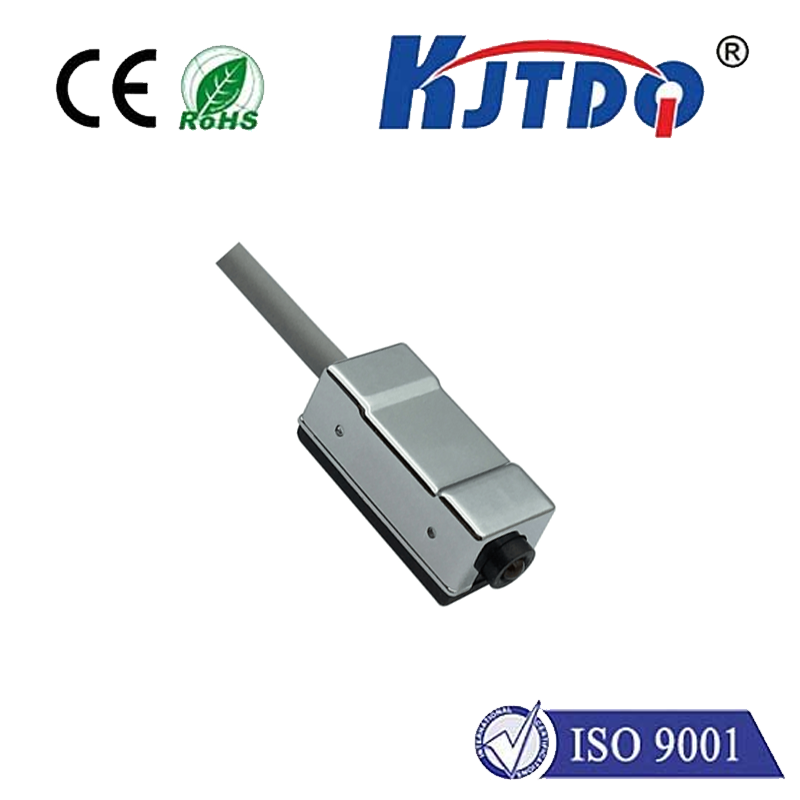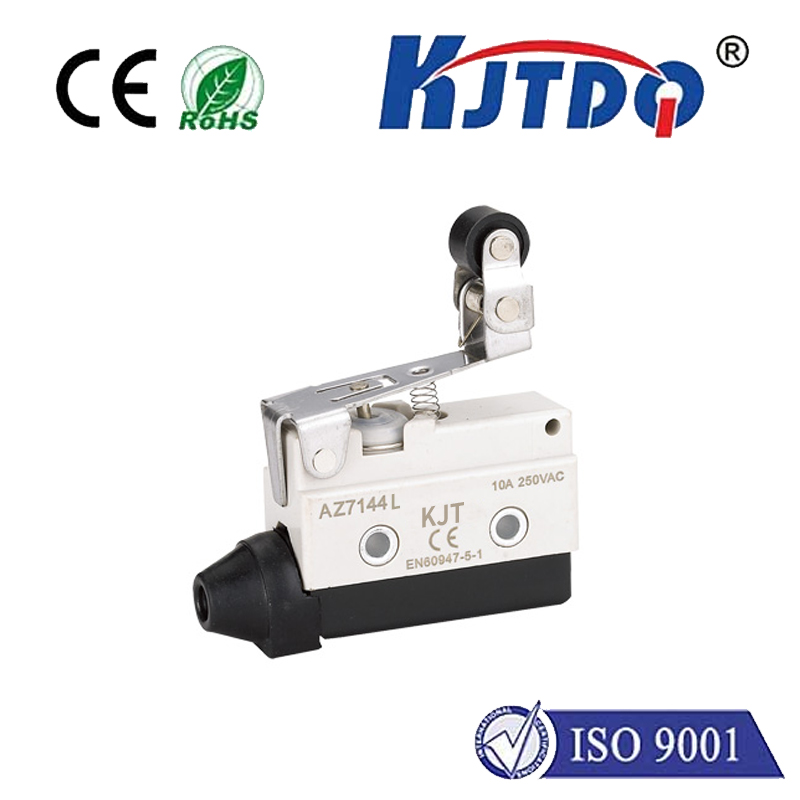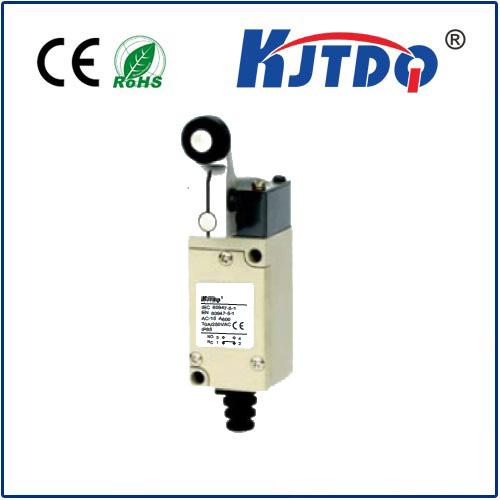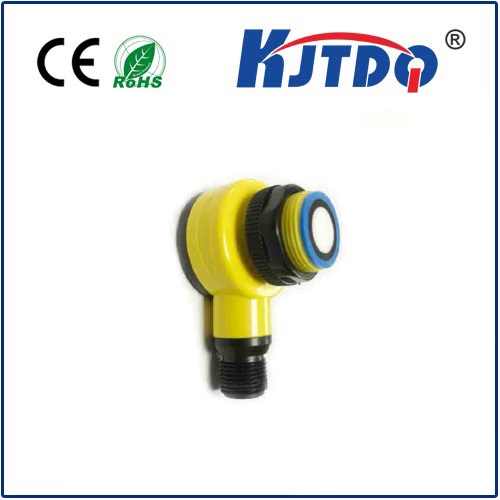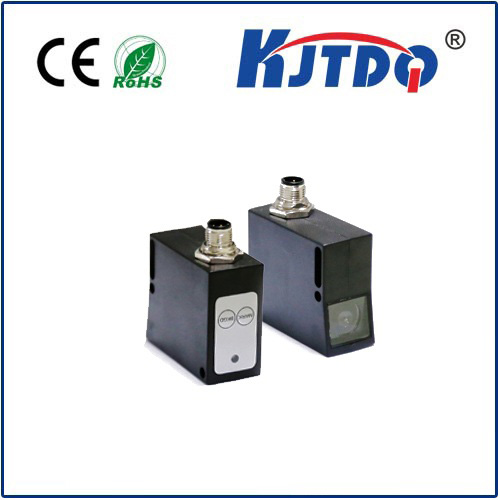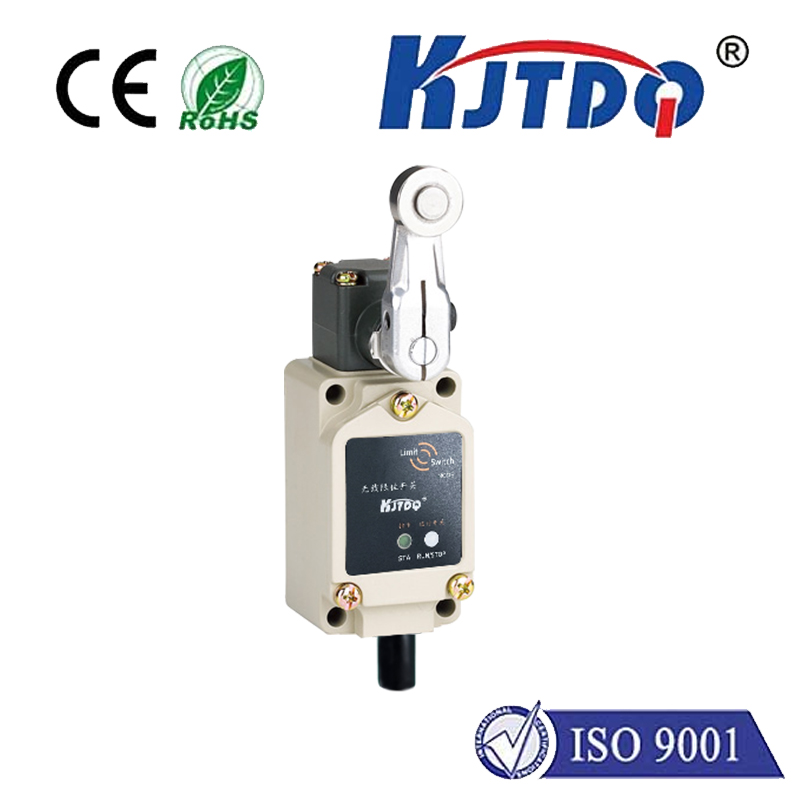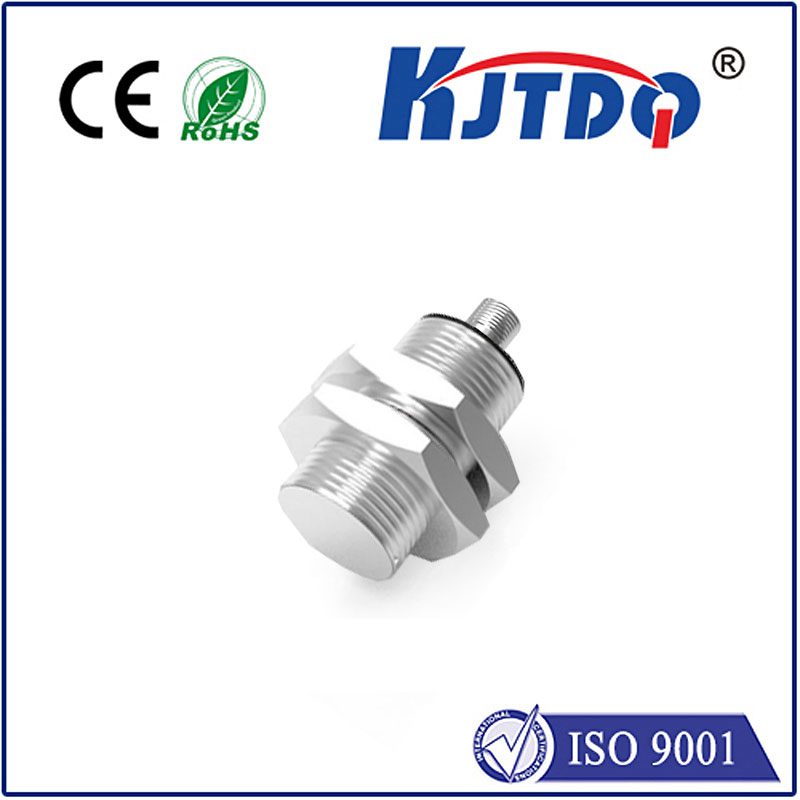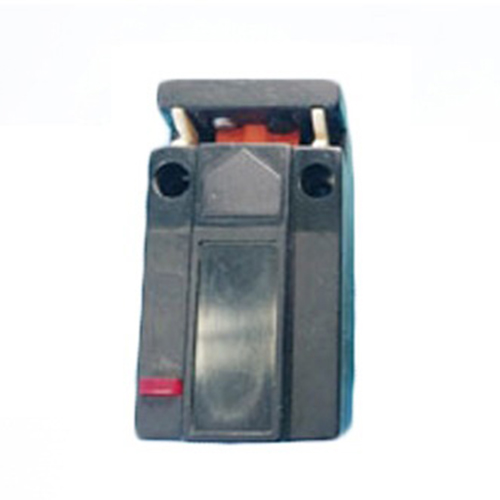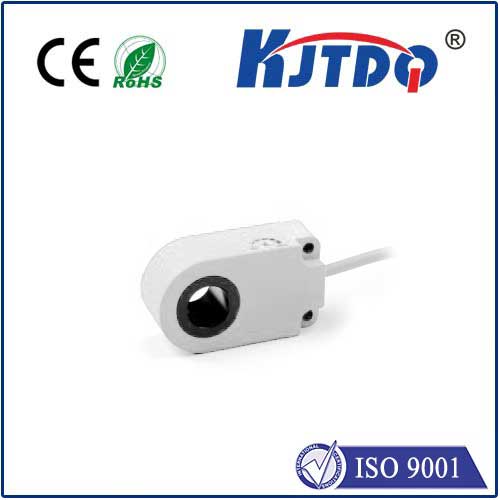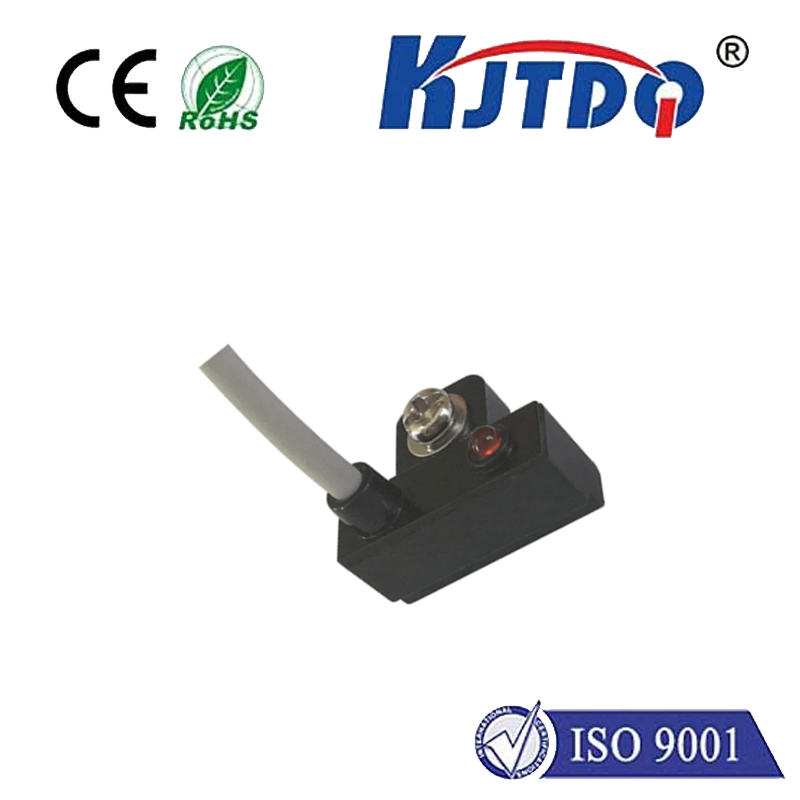

check

check

check

check

check

check

check

check

check

check
In today's modern world, where precision and efficiency are highly valued, the wheel encoder sensor is emerging as a game-changer. This innovative technology offers unparalleled accuracy and reliability, making it an indispensable tool for various industries. From automotive to aerospace, the wheel encoder sensor is revolutionizing the way companies track and monitor their assets. In this article, we will delve into the significance of this remarkable sensor and explore its impact on various sectors.
The wheel encoder sensor is a type of position sensor that measures the rotation of a wheel or any other rotating object. It works by capturing the number of rotations a shaft or wheel has undergone within a given time frame. This information is then converted into precise measurements, making it possible to determine the position, velocity, and acceleration of the object in real-time. The sensor is designed to operate in harsh environments, ensuring reliable performance even in extreme conditions.
One of the primary benefits of using wheel encoder sensors is their ability to enhance accuracy. By providing accurate data about the movement of objects, these sensors help companies make informed decisions and improve overall efficiency. For example, in the automotive industry, wheel encoder sensors are used to monitor tire pressure and ensure proper tire alignment, which can significantly reduce wear and maintenance costs. Similarly, in the aerospace sector, encoders are crucial for tracking aircraft positions and movements, enabling pilots to make informed decisions based on accurate data.
Furthermore, wheel encoder sensors offer increased efficiency by optimizing processes and reducing downtime. By providing real-time monitoring of machine performance, companies can quickly identify issues and take corrective action before they become major problems. This not only saves time but also minimizes the risk of costly repairs or replacements, ultimately leading to cost savings in the long run.
In addition to their practical applications, wheel encoder sensors also play a crucial role in advancing research and development efforts. By providing precise measurements of motion and force, engineers can design more efficient and effective systems. This has led to numerous innovations in areas such as robotics, artificial intelligence, and autonomous vehicles.
In conclusion, the wheel encoder sensor is a powerful tool that is transforming various industries by enhancing accuracy, improving efficiency, and driving innovation. As companies continue to seek ways to optimize their operations and stay ahead of competition, the wheel encoder sensor will undoubtedly remain a vital component in their pursuit of success.
